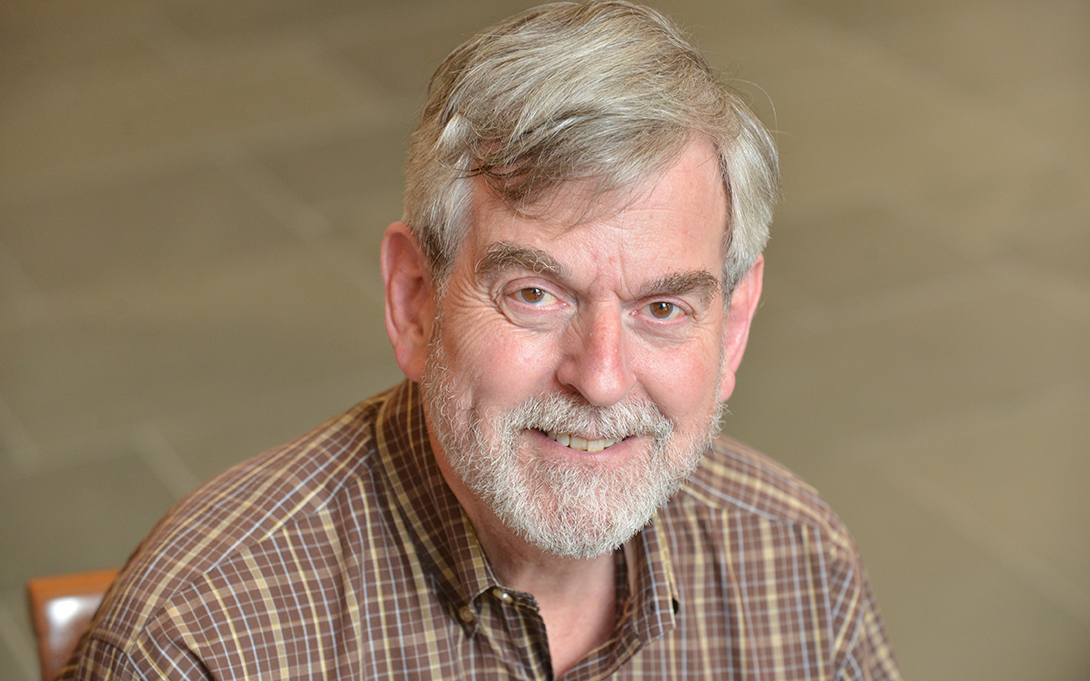
The Washington Post reports that Robert Axelrod’s The Evolution of Cooperation is one of the ten most assigned books at Ivy League universities. Originally published in 1984, the book explores how cooperation can emerge in a world of self-seeking egoists—whether superpowers, businesses, or individuals—when there is no central authority to police their actions.
Dean Susan M. Collins has been elected to the board of directors of the Federal Reserve Bank of Chicago, one of 12 regional Federal Reserve Banks that conduct the nation’s monetary policy and help to maintain a stable financial system. Collins has just concluded three years of service as a director of the Detroit Branch of the Federal Reserve Bank of Chicago and recently served as a member of the search committee for the Bank’s first vice president.
Paul Courant has been tapped to organize and oversee a bicentennial colloquium on “The future of the social compact with universities.” The June 2017 colloquium is one of three planned for U-M’s bicentennial year. It will explore the roles of the university, in Harold Shapiro’s phrase, ‘as servant and critic of society.’
Alan Deardorff is concluding his term as president of the Midwest Economics Association this April. His presidential address to the 80th meeting of the MEA, “The Topography of the New Landscape of International Trade Negotiations,” will focus on recent trade liberalization initiatives, including the Trans-Pacific Partnership.
In November, Susan Dynarski gave a talk at TEDx Indianapolis on “Why financial aid is broken and a simple solution to fix it.” In December, she was recognized by the Chronicle of Higher Education as a top ten influencer and agitator. In January, she was one of three-dozen scholars invited to the White House for a conversation on community college research. Dynarski has published a number of policy-relevant papers in Evidence Speaks, a weekly report by the Brookings Institution’s Center on Children and Families, and The New York Times Upshot (see page 8).
Reynolds Farley has contributed a number of chapters and articles discussing the Detroit bankruptcy, and the role race played in it, to City and Community (a journal of the American Sociological Association section on community and urban sociology); Reclaiming Integration and the Language of Race in the “Post Racial” Era (Rowman and Littlefield, 2015); and Reinventing Detroit: The Politics of Possibility (Rutgers University Press, 2015).
Elisabeth Gerber and Jeff Morenoff received a $300,000 grant from the Kresge Foundation to begin data collection for the Detroit Metropolitan Area Communities Survey (see fall 2015 State & Hill article).
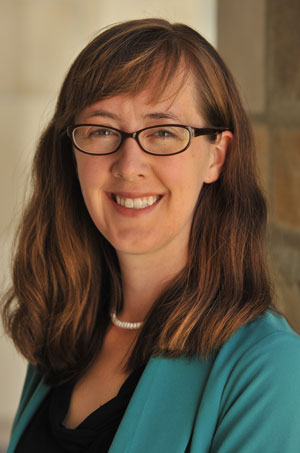
In December, Catie Hausman’s policy piece, “Power of the Atom,” (joint with Lucas Davis) was published in the International Monetary Fund’s quarterly magazine, Finance and Development.
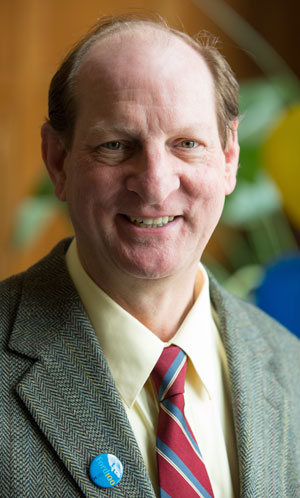
Rusty Hills spent a considerable chunk of time “putting PubPol 423 into practice” during the Iowa caucuses. Hills volunteered at a town hall featuring former Florida governor and presidential hopeful Jeb Bush on January 31, then spent the following day making turnout calls to supporters, going door-to-door, and speaking on behalf of Bush at three caucuses in Davenport, Iowa.
Brian Jacob received a $486,000 grant from the Alfred P. Sloan Foundation to explore how behavioral nudges can impact teacher retention in high-needs Michigan schools. His paper, “Harnessing the value of failure,” was published in Evidence Speaks, a weekly report by the Brookings Institution’s Center on Children and Families (see page 18). In March, Jacob was interviewed by Michigan Radio’s State of Opportunity about recent research, with Dynarski and colleagues at Michigan State University, on the impact of the 2006 Michigan Merit Curriculum.
Associate Dean Paula Lantz will be the principal investigator for the newly formed Policies for Action Research Hub at U-M. The new hub will be funded by a three year, $1.2 million grant from the Robert Wood Johnson Foundation (see page 12).
Ford School alum Stephanie Leiser (MPP ’05), who earned a PhD from Washington’s Evans School in 2009, has joined the faculty as a lecturer. She’s teaching PubPol 715, “Budgeting and Financial Planning,” so “it’s alumni news and faculty news, all in one.”
Katherine Michelmore’s paper (with Kelly Musick), “Change in the stability of marital and cohabiting unions following the birth of a child,” was published in the October 2015 issue of Demography.
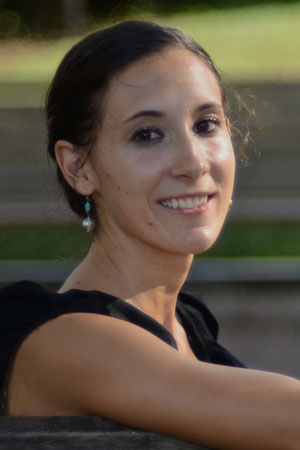
Mara Ostfeld’s “The backyard politics of attitudes toward immigration,” was published by Political Psychology in December 2015.
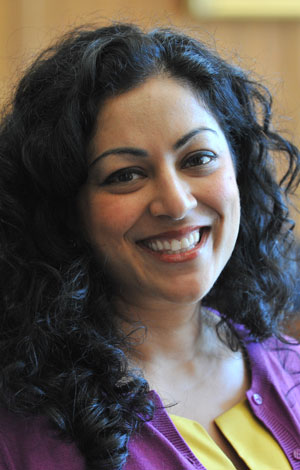
Shobita Parthasarathy received a seed grant from the University of Michigan’s Institute for Research on Women and Gender for a project that analyzes the gender and caste dynamics produced by India’s grassroots innovation system.
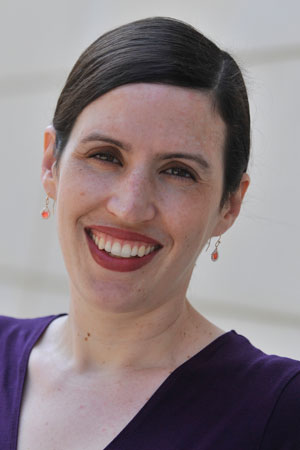
Natasha Pilkauskas was selected as the Winter 2015 Emerging Scholar by the Self-Sufficiency Research Clearinghouse (SSRC) of the Department of Health and Human Services’ Office of Policy Research and Evaluation. Emerging scholars serve three-month terms, and present their research to SSRC users via a webinar. Pilkauskas presented a webinar on “Low-income families and the private safety net.”
Barry Rabe, who is finishing a year-long sabbatical, recently completed a stint as a public policy scholar at the Wilson International Center for Scholars and began a six-month tenure as a visiting scholar at American University. Over the last several months, his research has been cited by The Guardian, Christian Science Monitor, National Public Radio, International Business Times, Newsweek, and more.
Joy Rohde’s piece, “Moving beyond the Cold War,” was published by The First Year Project in February.
H. Luke Shaefer’s book (with Kathy Edin), $2.00 a Day: Living on Almost Nothing in America, made the New York Times’ list of the “100 Notable Books of 2015.” Shaefer testified before the Senate Finance Committee at a hearing on domestic poverty and the Obama Administration cited his book as a major inspiration for a proposed $2 billion initiative, the Emergency Aid and Service Connection, which would fund and evaluate state and nonprofit approaches to poverty alleviation (see page 10).
Kevin Stange’s article, “Marginal pricing and student investment in higher education,” with former Education Policy Initiative postdoctoral fellow Steve Hemelt, was published this spring in the Journal of Policy Analysis and Management. His article, “College as country club: Do colleges cater to students' preferences for consumption,” with Brian Jacob and Brian McCall, is forthcoming in the Journal of Labor Economics.
In December, Betsey Stevenson penned “How Congress can stop its tax procrastination,” an article for Bloomberg View. The piece criticizes the Congressional holiday tradition of retroactive corporate giveaways, known as ‘tax extenders,’ and the process by which they’re granted.
Megan Tompkins-Stange’s first book, Policy Patrons: Philanthropy, Education Reform and the Politics of Influence, was released by Harvard Education Press in March. The press describes it as “a rare behind-the-scenes view of decision making” that offers a “thought-provoking look at the impact of current philanthropic efforts on education.
Kaitlin Toner Raimi’s article, “Understanding and beliefs about smart energy technology,” was published by Energy Research and Social Science. She is part of a faculty team that won a grant from the U-M Energy Institute to explore the influence of carbon dioxide reduction technology information on climate change mitigation support.
Below is a formatted version of this article from State & Hill, the magazine of the Ford School. View the entire Spring 2016 State & Hill here.